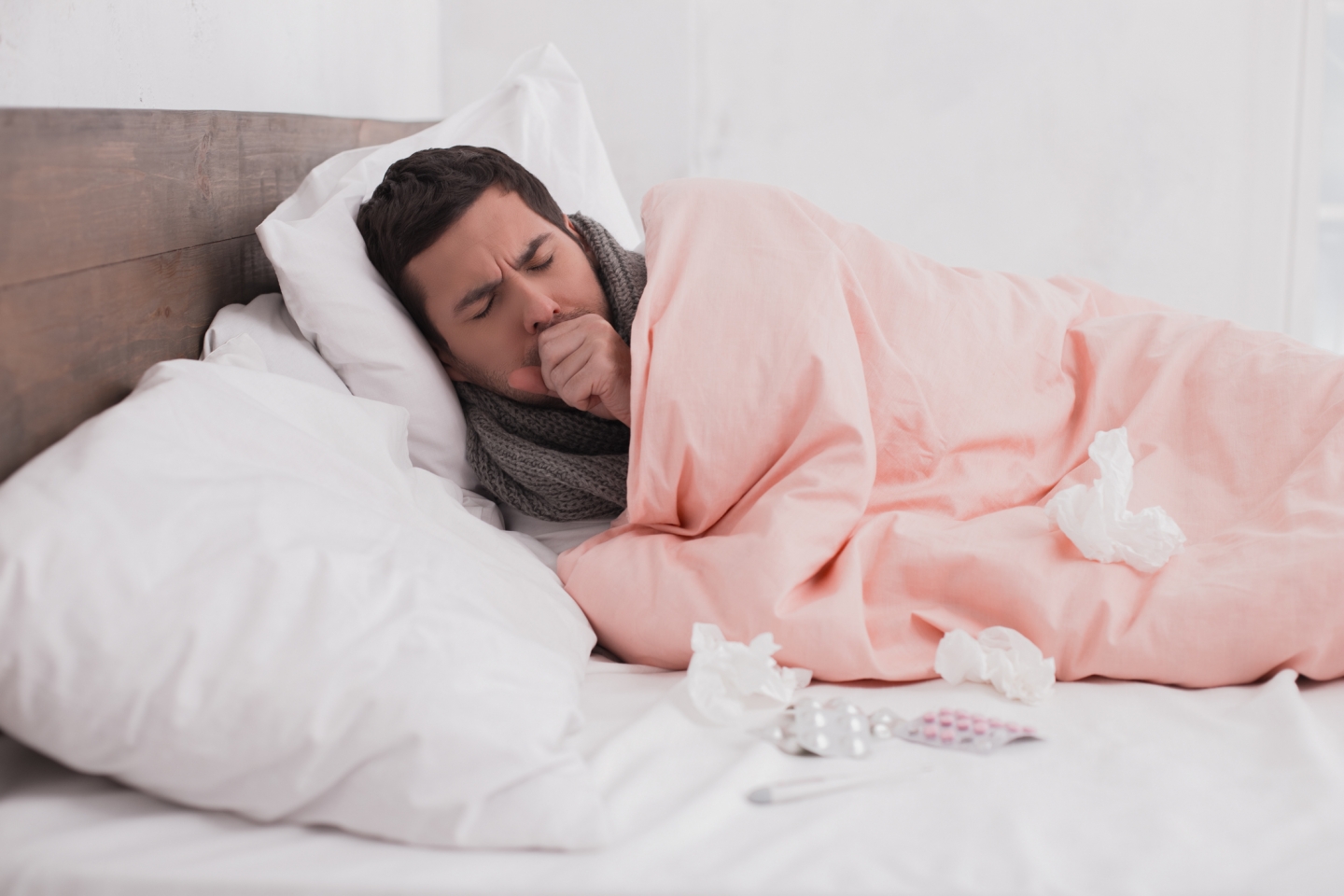
November 12 is World Pneumonia Day, a day to raise awareness about the leading cause of death for infants worldwide, as well as a leading cause of death for the elderly. Unfortunately, many Americans are not aware of the most common symptoms and risks for pneumonia.
Here, Alanna Kavanaugh, MSN, RN, FNP-BC, CCRN—a nurse practitioner at the Department of Pulmonary and Critical Care Medicine—explains the most important facts about pneumonia to keep yourself and your loved ones safe.
“Pneumonia is an infection that inflames the air sacs in the lungs,” explained Kavanaugh. “It usually develops from a bacteria but can also come about from a virus or fungus.”
There are resistant strains of bacteria in New York City, which can make pneumonia more challenging to treat.
Anyone, at any age, can contract pneumonia. It is most common in:
If left untreated, this disease makes it difficult to breath and decreases the amount of oxygen delivered to the lungs, which may lead to complications and even death.
Pneumonia presents itself differently in young children, adults, and the elderly, which can make it more difficult to recognize the disease in yourself or a loved one.
Young children: Newborns and infants may not show any sign of infection after contracting pneumonia. “They may, however, vomit, cough, or have difficulty getting comfortable or eating,” explained Kavanaugh. “They may have difficulty breathing or begin abdominal breathing (also known as “seesaw respirations”). These signs are serious and warrant immediate attention from a medical professional.”
Adults: After contracting pneumonia, adults often experience a cough, fever, chest pain, difficulty breathing, and general fatigue that does not improve.
Elderly: “Adults over 65 can experience the same symptoms as adults,” said Kavanaugh. “Pneumonia can also cause confusion, forgetfulness, or a sudden change in mental ability. It can also cause a change in color in the mucus coughed up from the respiratory tract.”
“If you have a fever and are coughing, seek care immediately,” asserted Kavanaugh. “A primary care physician is best for most patients. Anyone with lung disease, however, should see a pulmonologist.”
The longer pneumonia is left untreated, the more dangerous it becomes, causing a prolonged and more difficult recovery.
“To diagnose pneumonia,” explained Kavanaugh, “the physician will listen with the stethoscope and tap (percuss) on the patient’s chest. Pneumonia sounds louder in the chest wall because the infection is denser than air.”
Pneumonia caused by bacteria, virus, or fungus can be diagnosed with a chest x-ray or CT scan.
“If possible, patients should bring in a sample of the mucus that they have coughed up,” said Kavanaugh. “This can be tested to diagnose which organism the patient is growing in their lungs and ultimately causing the pneumonia.”
Most types of pneumonia are treated with antibiotics. Pneumonia caused by bacteria is the most easily treated; viral and fungal pneumonia are more difficult to treat.
“Dr. Michael Niederman is the pneumonia expert here at Weill Cornell Medicine,” detailed Kavanaugh. “His research has improved guidelines for treating pneumonia, including antibiotic-resistant strains.”
At Weill Cornell Medicine, many pneumonia patients receive general antibiotic treatment. More difficult cases receive a targeted therapy of two specific antibiotics to be taken at the same time.
In addition to clean air, clean water, and basic sanitation, the best way to prevent pneumonia is to get vaccinated.
“We administer two vaccines here,” said Kavanaugh, “depending on the patient’s age and health history. All children should be vaccinated.”
You can also prevent pneumonia by:
Make an appointment with one of our primary care physicians or pediatricians for a pneumonia vaccination today.